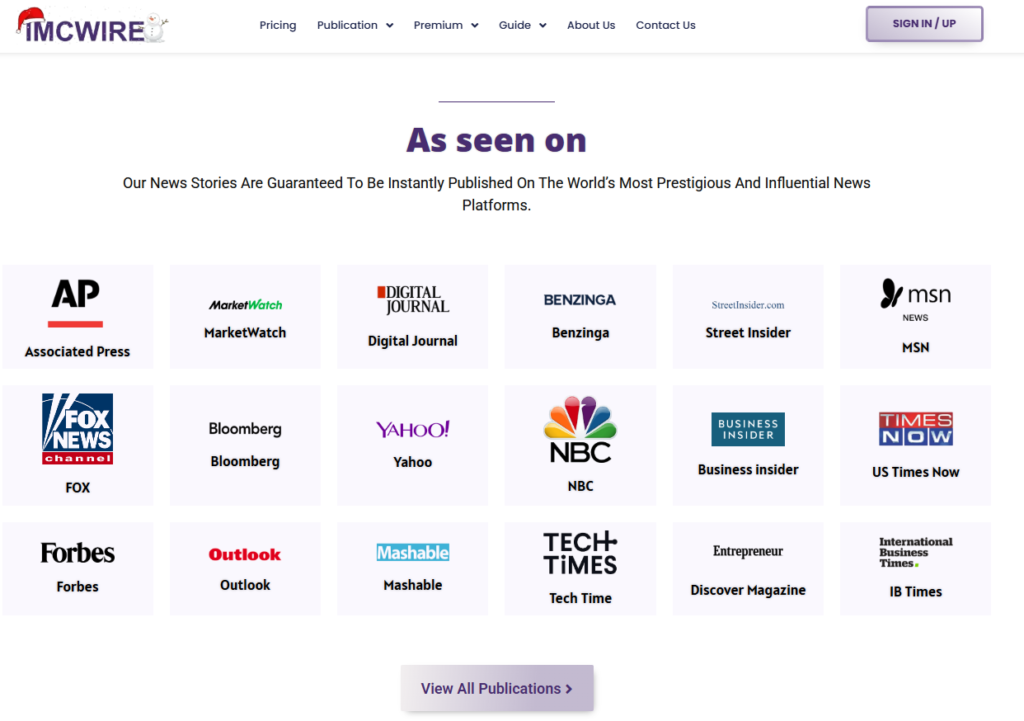Public relations (PR) plays a pivotal role in shaping a company’s reputation, managing its communication strategy, and building meaningful relationships with stakeholders. To succeed in this field, professionals must possess a unique blend of skills, knowledge, and strategic insight. The term PR trained Meaning generally refers to individuals who have undergone formal education, practical training, or on-the-job experience to become proficient in public relations practices.
This blog explores what it means to be PR Trained Meaning, the skills and expertise it involves, and why it matters in today’s dynamic communications landscape.
Defining PR Trained Meaning
In essence, PR trained Meaning describes someone who has acquired the necessary knowledge and abilities to effectively manage public relations activities. While the exact definition may vary, PR trained Meaning professionals typically have a strong understanding of media relations, strategic communication planning, reputation management, and stakeholder engagement.

What Does It Take to Be PR Trained?
To be considered PR trained, individuals often combine academic learning with hands-on experience. Formal education—such as a degree in public relations, communications, or journalism—provides foundational knowledge, while internships, workshops, and in-house training programs offer practical exposure to real-world scenarios.
Core Competencies of PR Trained Professionals
PR trained individuals are equipped with a variety of competencies that allow them to craft compelling messages, respond to crises, and maintain positive relationships with the media. Key competencies include:
- Strategic Thinking:
Developing comprehensive communication strategies aligned with organizational goals. - Media Savviness:
Understanding how to pitch stories, build media lists, and foster relationships with journalists. - Crisis Management Skills:
Responding to negative publicity, handling sensitive issues, and protecting brand reputation. - Content Creation Expertise:
Writing press releases, speeches, social media content, and other communication materials that resonate with diverse audiences. - Measurement and Analytics:
Using tools and metrics to track the effectiveness of PR campaigns and making data-driven decisions.
The Path to Becoming PR Trained
The journey to becoming PR trained Meaning involves a combination of academic qualifications, practical experience, and ongoing professional development. While there’s no single formula, several common pathways can lead to becoming PR trained.
Formal Education
Many PR trained Meaning professionals begin with a relevant academic background. Degrees in public relations, communications, marketing, or journalism provide a solid foundation in the principles of strategic communication. These programs often cover:
- PR theory and history.
- Media relations and press release writing.
- Event planning and campaign management.
- Ethics and corporate social responsibility.
- Research methods and data analysis.
By gaining this foundational knowledge, individuals are better prepared to handle the complex challenges of public relations in the modern world.
Internships and Hands-On Experience
Classroom learning alone is rarely enough to become fully PR trained. Internships, apprenticeships, and entry-level roles provide invaluable real-world experience. During these opportunities, aspiring PR professionals learn how to:
- Interact with journalists and media outlets.
- Create press kits and manage media databases.
- Draft and distribute press releases.
- Monitor news coverage and measure campaign performance.
Hands-on experience not only refines practical skills but also helps individuals understand the fast-paced nature of PR work and the importance of timely, accurate communication.
On-the-Job Training
Many companies offer in-house training programs or mentorship opportunities to develop their PR teams. On-the-job training can include:
- Shadowing experienced PR practitioners.
- Attending media training workshops.
- Participating in crisis simulation exercises.
- Learning industry-specific PR techniques.
This type of training helps professionals become adaptable, resourceful, and confident in managing various PR tasks and challenges.
Continuing Education and Certification
PR trained professionals often pursue ongoing education to stay current with industry trends and emerging technologies. Certifications such as the Accredited in Public Relations (APR) credential demonstrate a commitment to excellence and a deep understanding of PR principles.
Continuing education can include:
- Attending PR conferences and seminars.
- Enrolling in specialized PR courses or webinars.
- Reading industry publications and staying informed about best practices.
By continuously improving their skills and knowledge, PR trained professionals maintain their competitive edge and adapt to the ever-changing communications landscape.
The Benefits of Being PR Trained
Being PR trained provides a host of advantages, both for individuals and the organizations they serve. From career growth to enhanced reputation management capabilities, the benefits are far-reaching.
Professional Credibility
PR trained professionals have the knowledge and skills to represent organizations with confidence. This credibility helps build trust among colleagues, clients, and stakeholders, leading to stronger relationships and more successful campaigns.
Enhanced Problem-Solving Abilities
PR often involves navigating complex challenges, from managing crises to addressing negative publicity. PR trained individuals are better equipped to think critically, develop strategic responses, and maintain composure under pressure.
Increased Career Opportunities
Employers value PR trained Meaning professionals for their expertise and ability to deliver measurable results. With the right training, PR practitioners can advance to leadership roles, work with high-profile clients, and take on more challenging projects.
Improved Campaign Effectiveness
A well-trained PR professional can design and execute campaigns that achieve tangible outcomes. By leveraging their expertise, PR trained individuals can:
- Drive higher levels of media coverage.
- Enhance brand awareness and credibility.
- Foster long-term relationships with journalists and influencers.
- Deliver measurable ROI on PR initiatives.
Greater Adaptability to Industry Changes
The PR landscape is constantly evolving, with new digital tools, social media platforms, and audience preferences emerging regularly. PR trained professionals are more adaptable to these changes, enabling them to remain effective and relevant in an ever-changing environment.
Why PR trained Meaning Matters in Today’s Communication Landscape
In today’s fast-paced, media-driven world, the term PR trained Meaning carries significant weight. It signifies a level of expertise, professionalism, and preparedness that organizations need to thrive in the public eye.
Meeting Rising Stakeholder Expectations
Stakeholders—from customers to investors—expect transparent, authentic communication. PR trained professionals understand how to engage audiences, convey key messages, and address concerns in a timely manner.
Navigating the Digital Revolution
Digital channels and social media have transformed the way organizations communicate. PR trained individuals are skilled at leveraging these platforms, managing online reputations, and engaging with audiences in real time.
Managing Complex Crises
In an age where information spreads rapidly, a single misstep can lead to reputational damage. PR trained professionals have the crisis management skills needed to respond quickly, minimize harm, and protect an organization’s image.
Contributing to Long-Term Brand Building
Beyond handling immediate communications needs, PR trained professionals play a critical role in shaping long-term brand identity. By consistently delivering positive messages, building trust, and fostering loyalty, they contribute to an organization’s overall success and sustainability.
Conclusion
The term PR trained Meaning encompasses more than just a title—it represents a set of skills, experiences, and qualifications that enable professionals to navigate the complexities of public relations with confidence. From formal education and hands-on experience to continuing professional development, becoming PR trained requires dedication, strategic thinking, and a commitment to excellence.
In today’s communications landscape, having PR trained experts on your team is not just an asset—it’s a necessity. As organizations face heightened stakeholder expectations, rapid technological advancements, and an increasingly interconnected world, PR trained professionals stand at the forefront, driving meaningful conversations, protecting reputations, and ensuring that brands remain relevant, trusted, and successful.









